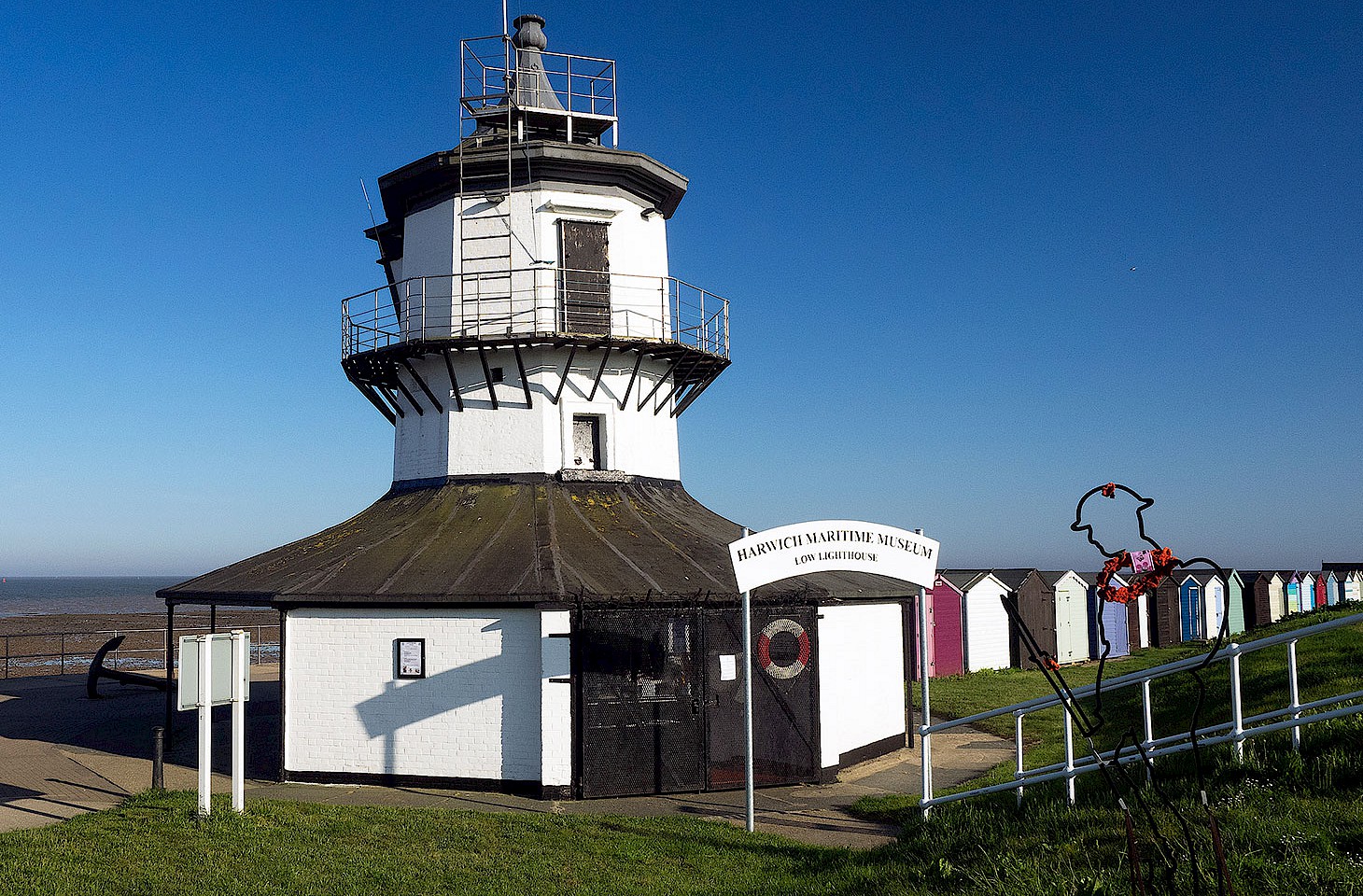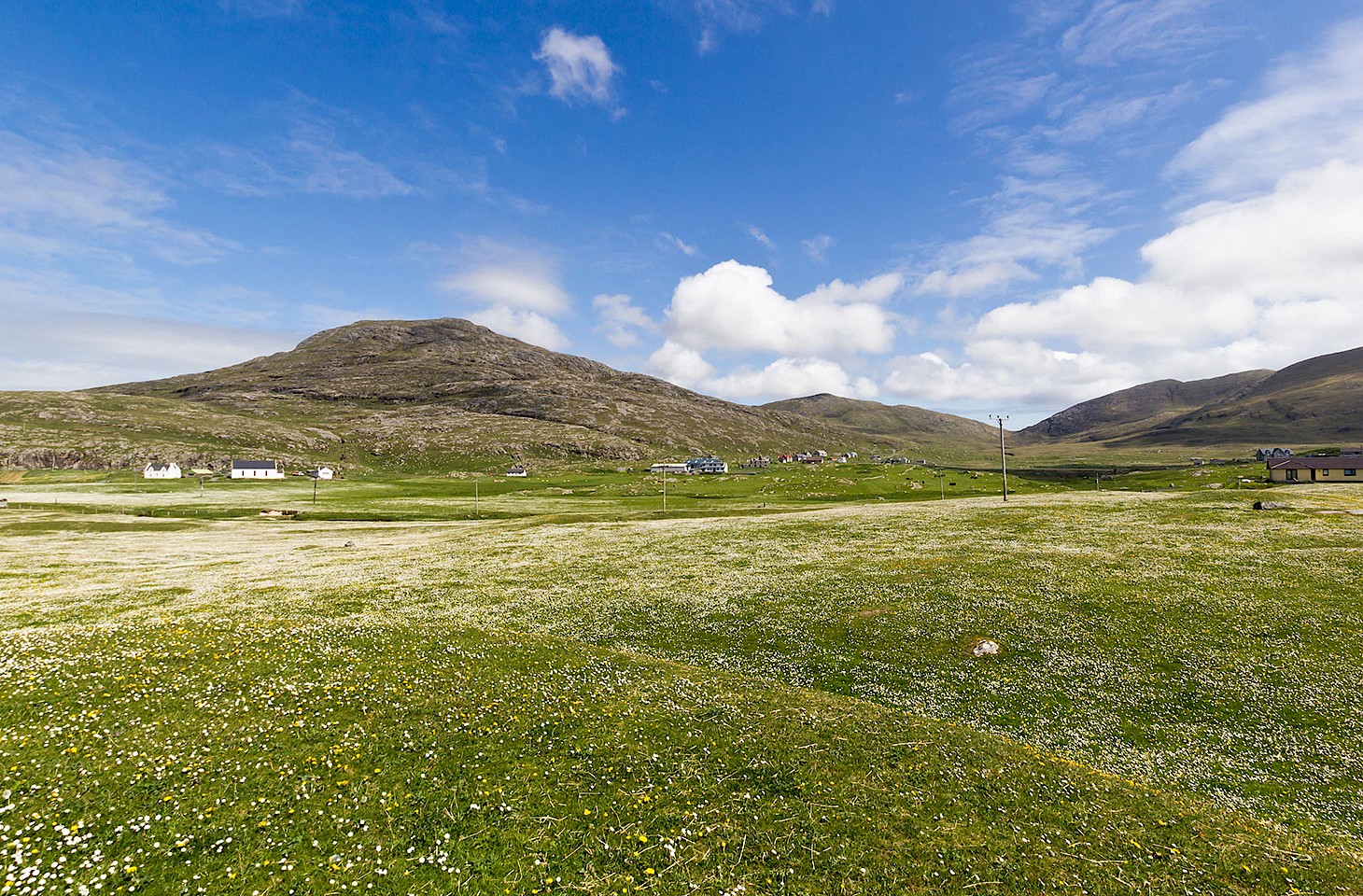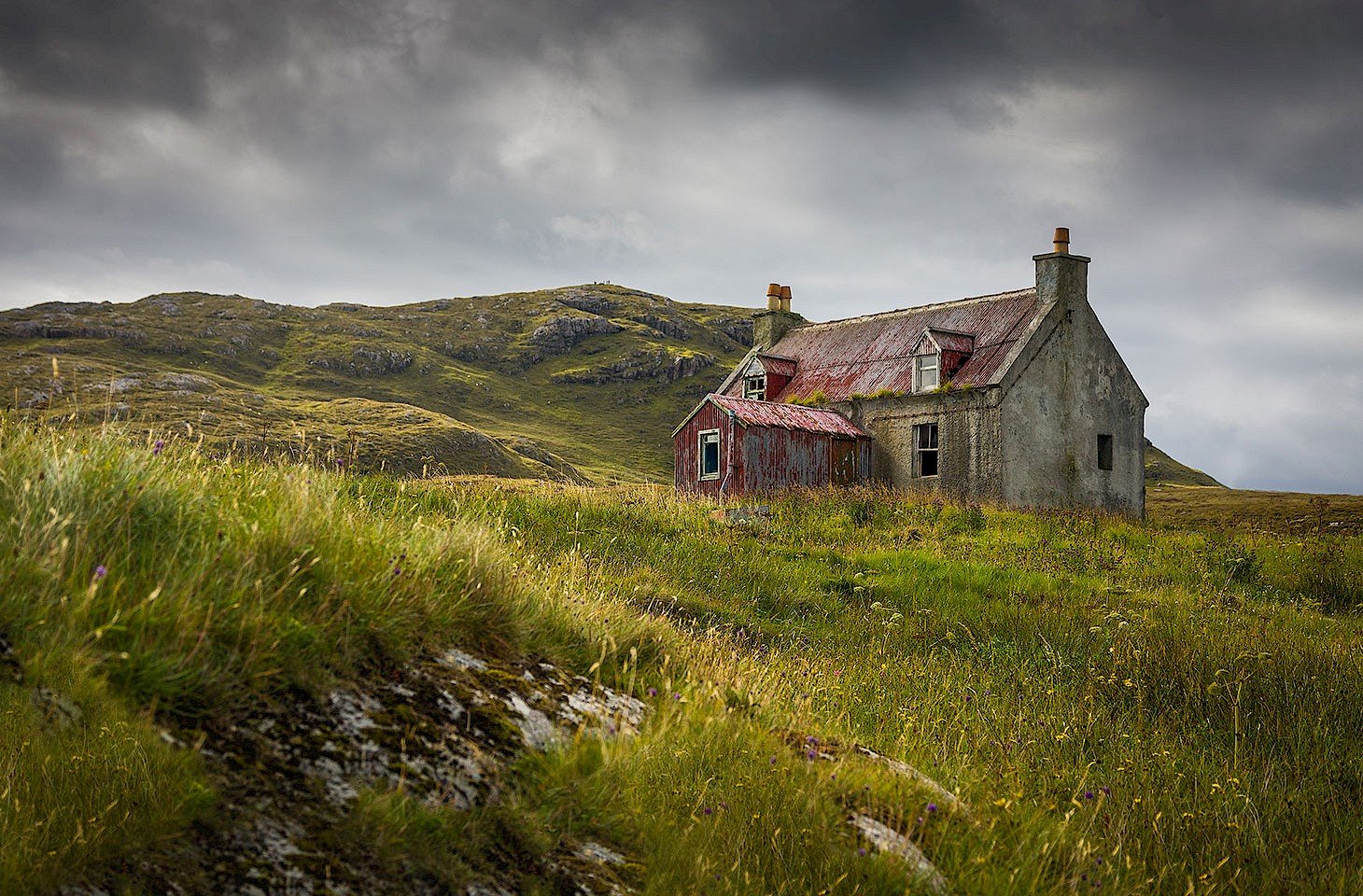Dear fellow travellers
The River Tryweryn (Afon Tryweryn in Welsh) drains a modest catchment in north Wales. It is not on a par with bigger Welsh rivers such as the Towy, the Teifi or the Taff. But the Tryweryn has certainly made its mark on the Welsh imagination. Fifty years ago this week, in October 1965, Tryweryn was very much in the news.
Just a dozen miles in length, the Tryweryn drains down from a little lake in the blanket bogs of eastern Snowdonia. At Bala the waters of the Tryweryn join the more substantial flow of the River Dee. A good road runs up the Tryweryn Valley from Bala. It is a pleasant autumn walk, passing the old distillery where in the 19th century Richard Lloyd Price produced what many judged to be the best whisky in Wales. Yes, in those days there really was a buoyant trade in Welsh whisky.
Beyond the defunct distillery at Frongoch, there are just isolated farmsteads in the upper portion of the Tryweryn Valley. But it was not always thus. There used to be the village of Capel Celyn. In the mid-1950s it had a score of homes, a scatter of farm buildings, a post office, church, cemetery and village shop. The entire village was sacrificed when the Tryweryn Valley was flooded to provide water for distant Liverpool.
The new reservoir was officially opened on 21 October 1965. Dignitaries from Westminster came to the valley. So did a delegation from Liverpool. But they were outnumbered by protesters who objected to the way in which the rights of a small community in rural Wales counted for nothing against England's thirst for fresh water.
The Tryweryn case galvanised the Welsh spirit of resistance. Within a year Plaid Cymru had secured its first-ever representation in the UK Parliament. Party leader Gwynfor Evans was elected to represent Carmarthen. The reservoir construction in the Tryweryn Valley was also the impetus for the first interventions by Welsh nationalist paramilitary groups which sprung up in rural Wales. In the end, civil rather than paramilitary protest prevailed, paving the way for today's National Assembly for Wales.
From the wind-bitten summit of Arenig Fawr, there is a gorgeous view over the Afon Celyn reservoir to the north and a beautiful sweep of bleak hill country beyond. We look down towards the waters of the lake and imagine the litany of despair as the bulldozers rolled in and demolished the spirit and the substance of Capel Celyn: the chapel, the school, the old farm where Quakers once met, the village where families had lived and worked for generations.
The strength of local feeling had a transformative effect on political attitudes across rural Wales. Half a century later the Welsh phrase Cofiwch Dryweryn (Remember Tryweryn) still evokes the fate of Capel Celyn and the wider struggle for cultural and political autonomy in Wales.
Nicky Gardner and Susanne Kries
(editors, hidden europe magazine)




